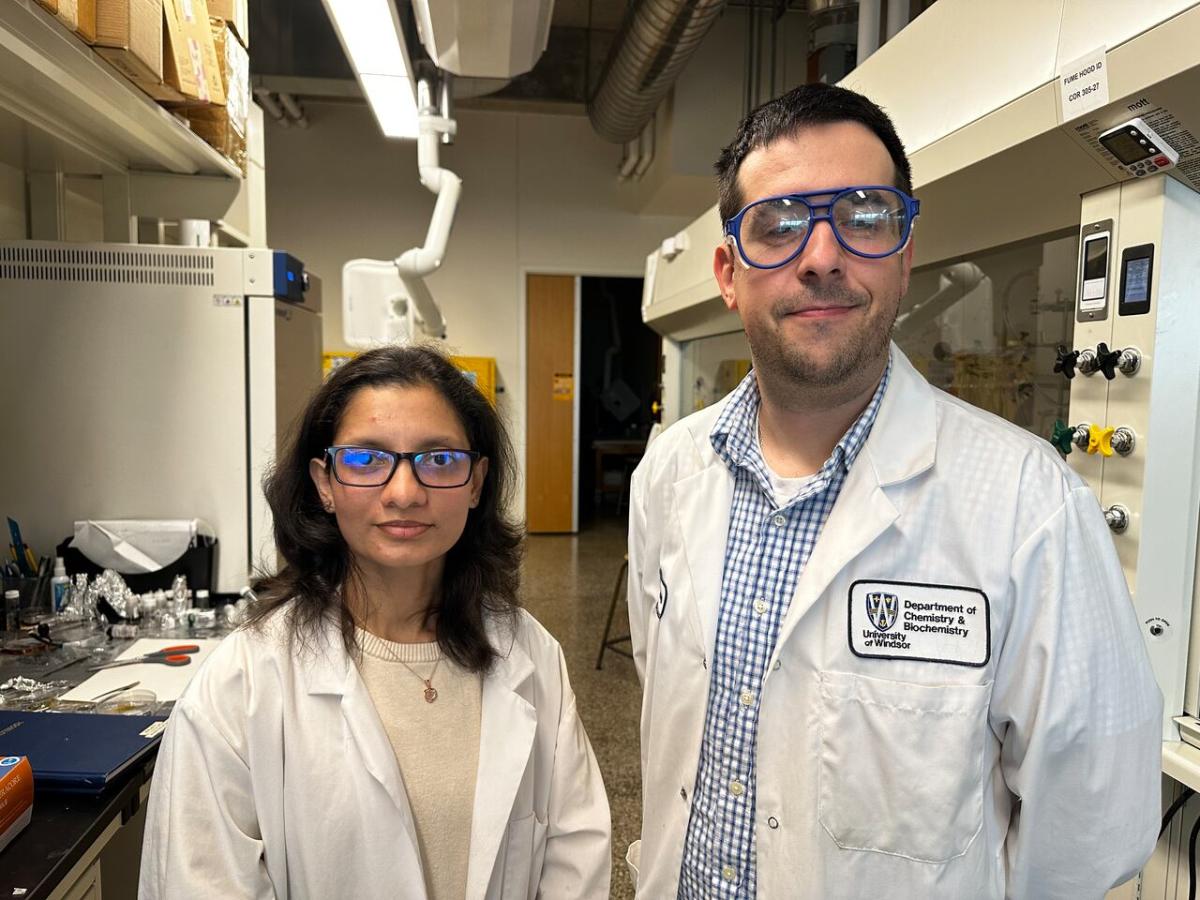Fitness
UWindsor researchers working to develop device to detect, treat brain cancer

Researchers at the University of Windsor are working to develop a device that would be able to detect and treat brain cancer.
Lead researcher Simon Rondeau-Gagné said the goal is to create degradable electronic sensors that could be implanted into the brain of patients suffering from brain cancer.
“The technology is basically a tiny sensor made out of different materials that we install onto … a special plastic [containing drugs],” Rondeau-Gagné told CBC News.
“The sensor will be implanted in the brain and as soon as there will be a molecule associated to brain cancer, it will trigger the sensor … and then it will trigger the degradation of the plastic … and use the drugs and hopefully treat the cancer.”
The team said this is a” groundbreaking drug delivery method,” and they will test it using 3D bio-printed brain models with cancer cells, in collaboration with UWindsor professor John Trant and a team from the University of Victoria.
In addition to Rondeau-Gagné, the team includes Trant from UWindsor’s Department of Chemistry, Jennifer Voth from Hôtel-Dieu Grace Healthcare and the department of kinesiology, and Konrad Walus from the University of British Columbia’s Department of Electrical and Computer Engineering.
$250K grant
The research team has received a two-year, $250,000 grant from the Tri-Agency New Frontiers in Research Fund (NFRF) exploration program for their project — Implantable Electronics and E-Theranostics: A Paradigm Shift in Brain Cancer Management.
Rondeau-Gagné said the technology is “game changing,” noting that while there are other implants on the market that patients can use, “they are filled up with drugs, are generally big [and] bulky and they create a lot of side effects.”
“We think that if you combine the treatment with the chemistry of the plastics, [it makes] it more easy for the body to assimilate it,” Rondeau-Gagné said.
“If you combine it with a drug discovery and the fact that you’re going to detect as the brain cancer will relapse, really you’re having now a completely different set of tools. You can detect and treat at the same time as actually controlling and monitoring the progress of the cancer.”


)






